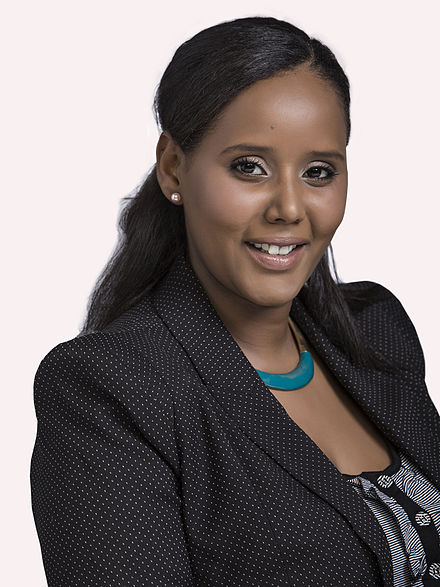Israel is set to get its first Ethiopia-born minister, with the nomination of a female MP brought there in a secret operation in the 1980s.
Pnina Tamano-Shata has been chosen by incoming deputy prime minister Benny Gantz, who is forming a unity government with PM Benjamin Netanyahu.
Israel’s Ethiopian-Jewish community often complains of discrimination.
Incidents of police using force against Israelis of Ethiopian origin – including fatal shootings – have led to street protests and clashes in recent years. The 140,000-strong community is among the poorest in the country and suffers from high rates of unemployment.
However, many second generation Ethiopian-Israelis have become successful across society, achieving notable positions in the military, judiciary and politics.
Pnina Tamano-Shata, who belongs to Benny Gantz’s centrist Blue and White party, has been named as immigration minister also titled Minister of Immigrant Absorption,
Tamano-Shata was born in Wuzaba, a village located near the city of Gondar. Her family immigrated to Israel when she was three during the evacuation of the Ethiopian Jews nicknamed Operation Moses. She, her five brothers and her father were among almost 7,000 Ethiopian Jews airlifted out of the country by Mossad to Israel between November 1984 and January 1985. Her mother followed several years later. In the early 1980s some 16,000 Ethiopian Jews walked by foot from their homes in northern Ethiopia to get to Sudan and onward to Israel. They were barred from leaving Ethiopia, so they made the journey in secret. About 1,500 died on the way or in refugee camps in Sudan
Pnina studied law at Ono Academic College at Kiryat Ono in the Tel Aviv District, and became Deputy Chairman of the national Ethiopian Student Association. She started her political career in 2013.
“For me, this is a landmark and the closing of a circle,” Ms Tamano-Shata told Israeli newspaper Maariv. “From that three-year-old girl who immigrated to Israel without a mother on a cross-desert foot journey, through growing up in Israel and the struggles I led and am still leading for the community, integration, the acceptance of the other, and against discrimination and racism.”

